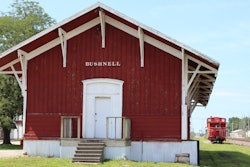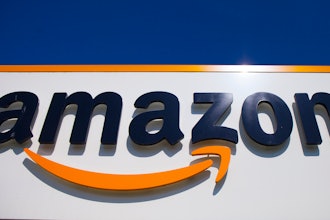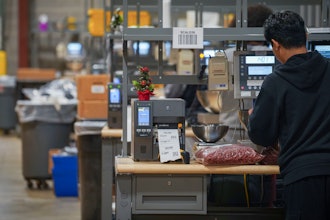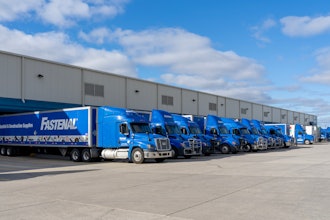
As the COVID-19 fallout continues to unfold in the coming weeks and months, business owners will be turning to their contracts and insurance policies to determine their options for risk-mitigation, recovery, and to defend themselves against contract claims. The devil is in the details, and the details will necessarily vary by document and situation, but here are three questions that should guide manufacturers as they gather information and devise strategies for moving forward in continually evolving circumstances.
How do your contracts with customers and suppliers address force majeure?
Under certain circumstances, force majeure clauses free both parties from obligation or liability when an extraordinary event beyond their control disrupts the ability to do business.
The terms of these clauses vary, and while a global pandemic certainly seems like it would qualify, whether it does will depend on the terms of the clause, assuming that a force majeure clause was included. These clauses may be broad in scope, encompassing a wide array of events and circumstances; in other cases, the language will be much more specific with more limited application.
In addition to determining whether the pandemic qualifies, this clause also will spell out the steps parties must take, such as seeking alternate suppliers or customers, before they can make a claim. The clauses will also dictate whether they permit delayed performance or provide a basis for non-performance.
If you have the right to terminate or the right to delay, how will you reconcile your obligations to customers with your obligations to suppliers?
Your answer to this question may give rise to business interruption or contingent business interruption insurance claims. In the case of something like a fire, it is easy for a business to demonstrate that though it took the proper precautions (such as complying with the fire code), it could not have prevented the lightning strike that hit a nearby tree and ignited the building. And it is easy to see how the damage to the building disrupted the business’ operations.
The disruption caused by COVID-19 is obvious but whether it triggers business interruption coverage may be less apparent. However much insurers will resist the notion, the spread of the virus is doing damage to property as defined in many policies: if not, why are we wearing masks and gloves?
To take advantage of the coverage, though, businesses need to keep timely records of the disruptions and the specifics of the circumstances so that the claims can be framed to fit within the language of the coverage.
Coverage for contingent business interruption may provide relief to companies that lose revenue because a key supplier or business partner cannot fulfill its obligation or purchase. While the duty to mitigate requires a business to try to find another solution to the problem, even in the absence of a force majeure clause, the Uniform Commercial Code offers a path to avoid actions that are not commercially feasible, such as paying such a high price for a raw material that it no longer makes financial sense to manufacture the product.
It is important to remember that insurers may not cover actions by the policyholder that they deem “voluntary.” In the foreseeable future, the line between “voluntary” and “involuntary” actions to mitigate COVID-19 damages is likely to be blurred. Please be cautious in your communications about any actions you are taking relating to interruptions in your business. For example, never express in any communication that you have closed a facility “to be on the safe side.” This may later be construed as a voluntary action. Instead, cite CDC guidelines, and explain that the risk of exposing your workers or customers has forced you to close. This action is involuntary and thus more likely to be covered. The adage “words once said can never be recalled” never ring more true than when pursuing a business interruption insurance claim.
To assist with the pandemic response, my company has begun manufacturing a product we wouldn’t normally make. Will my insurance cover this?
If you are repurposing to comply with government direction, “civil authority” coverage may kick in to compensate you for the cost of this new venture. Business owners need to consider the risks they may be taking on if the new manufacturing process is outside their coverage. If the government is the purchaser, they may offer immunities as an incentive to engage in the new activity. For example, some states are providing immunity from certain kinds of healthcare malpractice claims. But that will not always be the case, so read all contracts carefully.
If there is any silver lining to the misfortune caused by COVID-19, it’s that the crisis creates an opportunity for businesses to better plan for the future. A careful review of policy and contractual language will help owners determine where they stand and take steps to protect their business.
David Goodman is the founder of Goodman Law Group | Chicago. He draws on his thirty years of legal experience, many of them spent as a first chair trial lawyer, to help businesses manage their risks, harvest their benefits, and protect their assets. Learn more at GLGChicago.com.























